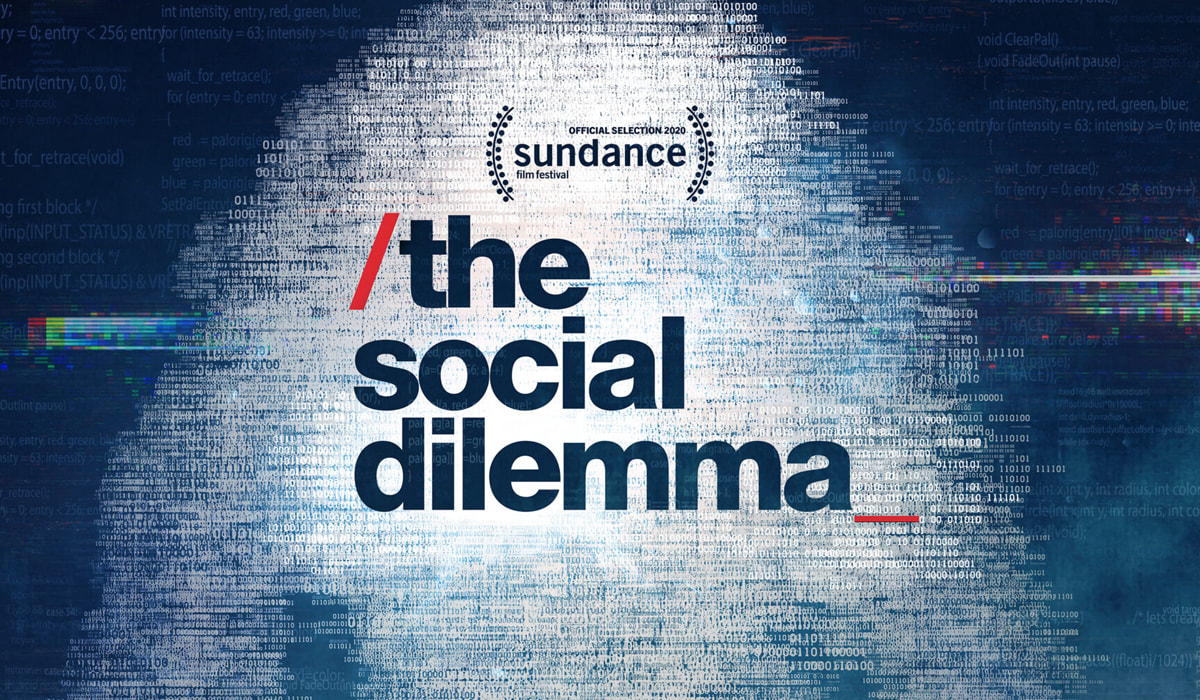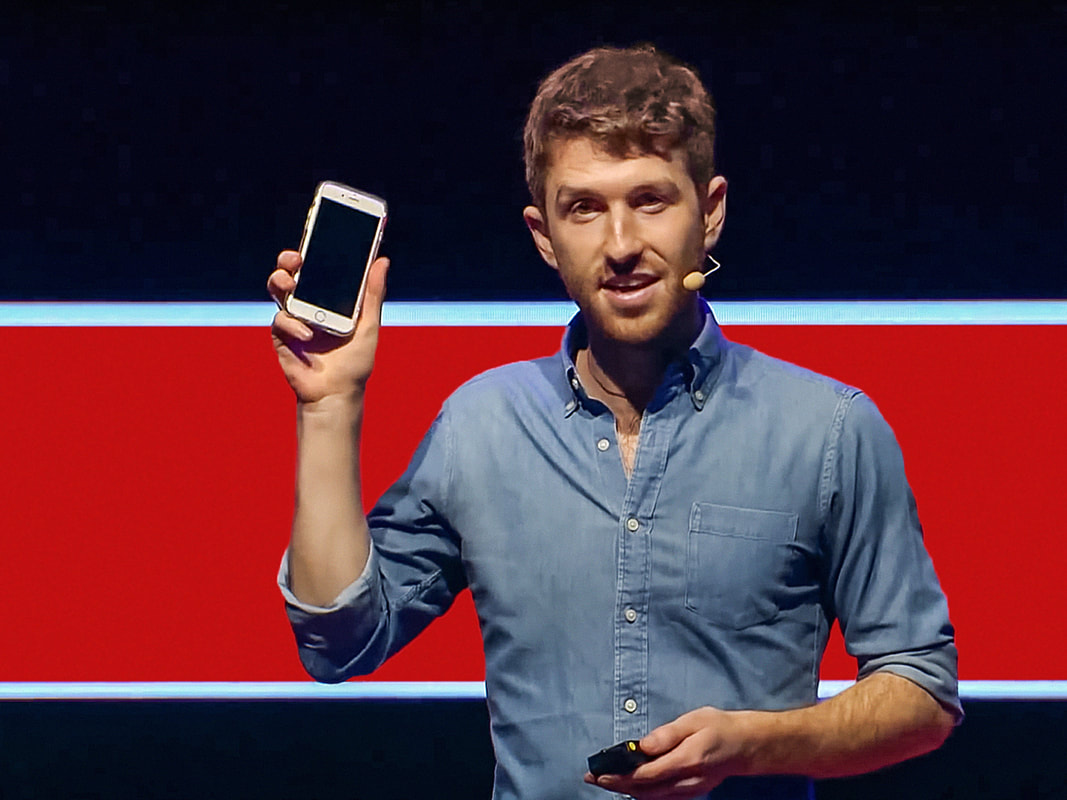|
This weekend I watched the documentary “The Social Dilemma” on Netflix, which explores how manipulative social media has become. If you are thinking, “I already know all about it,” I promise you don’t. I’m not talking about issues like “Instagram makes my child (or me) feel lonely and insecure," which is indeed happening, but rather that social media is actually destabilizing countries, like ours, in the name of corporate greed. If social media was meant to connect us, the opposite has happened. I assumed I knew how Machiavellian social media can be because I founded and led a nonprofit, MEDIAGIRLS, that focused on how apps like Instagram and Snapchat prey on young people’s insecurities and keep them addicted. I’ve talked with thousands of teens about how disconnected social media leaves them feeling. Still, I didn’t know the half of it. Hats off to the tech experts who speak the truth in this 94-minute documentary, yanking open the curtain to reveal how social media works. (Yes, some experts likely spoke up to help wipe clean their bad karma from engineering these systems in the first place.) Did you know that when you Google search a topic like “What is climate change?” you get different answers depending on where you live in our country? In liberal states, your responses include scientific research. In conservative states, you get links to articles insisting climate change is a “hoax.” Tristan Harris, who spent three years as a Google Design Ethicist, states in the film that there is simply no longer one truth. It’s not like we’re living in different realities in this country. We are. So, what now? Toward the end of the documentary, the experts suggest our best hope for fixing this mess is to have politicians create and enforce better regulations while hoping the next generation of tech experts will challenge current models. While this would be wonderful, we can’t sit around waiting for that to happen. We need to take control into our own hands, and here are three actions we can take immediately.
1. Devise a new plan for yourself. We know clicking mindlessly on links feeds the beast by allowing tech companies to gather ever-increasing personal data on our habits. While one option is to quit social media altogether—which I’m seeing more peers do—another option is to make more intentional choices. This weekend, I deleted all the news notifications and alerts on my phone that had been installed automatically. I thought about which social media apps I enjoy and deleted the rest. I check once or twice a day the apps I enjoy and shut off notifications so that I’m not lured in more. 2. Delay handing Smartphones to our kids. The tech experts featured in this doc do not allow their kids to use social media. They make a point of saying that none of the Silicon Valley execs do because they know how addictive it is. Why not at least delay the age in which kids get social media? I have told audiences of parents for years that middle school is the single worst time to give kids access. My own 16-year-old confessed that she and her friends lamented the existence of Smartphones since they got them. They can feel the harmful effects but can’t break the habit. This is hardly a surprise since the most brilliant minds in the country created the system in which the feel-good hormone dopamine courses through our brain upon hearing notifications. We should delay giving kids social media at least until high school. 3. Use social media for empowerment and inspiration. It is important to point out that what is missing from “The Social Dilemma” are the positive aspects of social media. The apps can indeed bring out the best in us: waking us up to racism in new ways; mobilizing us to march and protest; impacting our attitudes on sexual harassment because of the #metoo movement; and giving young people a powerful voice to become leaders for change. Social media is a tool that is not inherently good or bad. We can collectively use it for social good and stop allowing the tool to use us. I like what Tristan Harris is aspiring to: "The ultimate freedom is a free mind, and we need technology that's on our team to help us live, feel, think and act freely." AI is only going to get faster at learning our habits and better at manipulating us to turn on each other. So, let's yank ourselves out of the social media haze, be far more intentional about how we use our apps, and try to use this powerful tool in ways that connect rather than divide us.
2 Comments
Leave a Reply. |
THE COVEMichelle Cove is a journalist, filmmaker, author, and founder of the nonprofit MEDIAGIRLS. She uses storytelling and media to encourage, challenge, empower and inspire others and is seeking a job that allows her to put these skills to use; check out her resume if you may know the right fit. Michelle's favorite stories involve resilience, a blend of soft humility and sharp humor, and a belief that the universe is conspiring to help us all grow. Find her at LinkedIn. Also find her on
Archives
February 2021
Categories
All
|



 RSS Feed
RSS Feed
